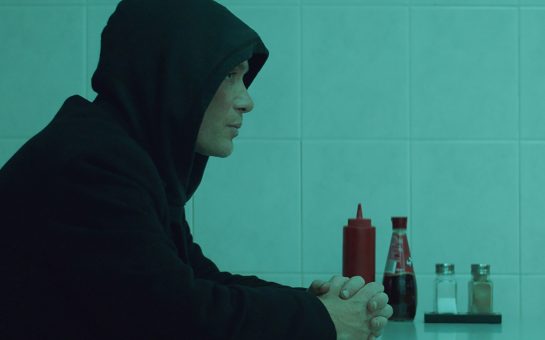Britain has always been at the forefront of the ever-changing home cinema scene.
And now – as streaming services surpass DVDs in popularity – the country’s role shows no signs on stopping.
Figures show that digital video services such as iTunes, Sky’s video store and Now TV rose by 23% to a whopping £1.3bn last year.
This came as DVD sales fell by 17% to £189m – an amount that’s a far cry from the days when the industry would bring in over £1bn.
So, after 21 years, is this the beginning of the end for DVD? That begs the question on the future of screening films at home and the effect this will have on movie production as a whole.
It’s hard to see past the rise of streaming services and what is likely to be the continued dominance of brands such as Sky, Netflix and Amazon Instant Video as they grow and develop their platforms.
Jason Wood, Artistic Director at HOME Cinema, believes that the country is entering the next generation of home video.
“Even cultural organisations such as Curzon and the British Film Institute are very vocal about their streaming services,” he said.
“But the reality remains that streaming is still largely for high budget films. Art-house releases still account for a very small percentage of streaming sales.”
 NEXT GENERATION: HOME’s Jason Wood recognises the huge changes in the industry
NEXT GENERATION: HOME’s Jason Wood recognises the huge changes in the industry
A further market for this might be with the emerging accessibility of Virtual Reality.
This technology – which we have seen with the Oculus Rift and Playstation VR – is leading the way for the future of the gaming industry.
Meanwhile, it is increasingly being adapted by other industries for consumer use.
Despite being built for gaming initially, total revenue hit £2.95bn in the gaming industry in 2016.
While it’s a new high, it’s still more than half of the film industry’s revenue, therefore indicating that the future of VR may lie with the latter.
It can’t be denied that Virtual Reality is on the rise in film even if it is still in an early stage.
Oculus started the trend by opening its Story Studio, with designs to spark growth for the technology in the film-making industry and has already been picked as a partner for the 2017 Sundance Film Festival.
This ties in inextricably with streaming services, whose ability to make high quality content without the worries of distribution makes it an easy task to have the two hand in hand.
According to TrendForce, VR sales for PSVR, Oculus and HTC Vive are expected to reach 3.3million in total, and with that in mind it’s hard to see beyond how the film industry will latch onto this.
It would be unfair to disregard the likelihood that DVD could have life in it yet, especially if it takes inspiration from the resurgence of the vinyl.
According to BPI Group, vinyl LP sales surged by 53% in 2016 despite being behind music streaming services and CDs in the technology lifecycle.
But the boost to vinyl sales ultimately comes down to quality and the positive feelings still associated with record players.
Therefore, it’s difficult to see how the DVD will replicate that, as quality does not have the same issue with streaming services providing there is a capable internet connection.
So whilst it is expected that DVD sales will continue to fall in the foreseeable future, there may still be opportunities for the industry to reinvigorate it into life.
However, Wood feels that whilst it’s a positive move that customers now have more choice, there is simply no communal experience like cinema.
He concluded: “The rise of streaming does mean that cinemas have to points of differentiation, such as great customer service, excellent presentation and a kind of interactive experience that you can’t get at home.”
Image courtesy of Rebecca Lupton, with thanks.



